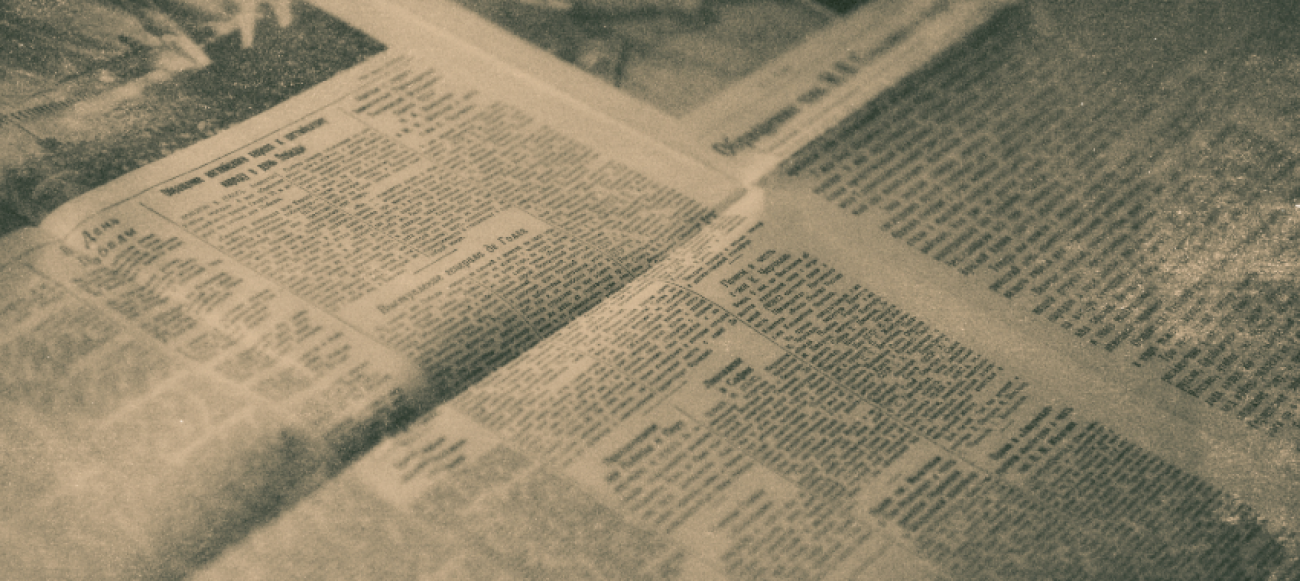
Date: November 15, 2001
Author: Valentina Krčmar, Thornhill, Ontario
Addressed to: Letters to the Editor, The Toronto Star
View the Original Letter: krcmar book 3_Part3_Part70.pdf
About This Letter
In this letter dated November 15, 2001, Valentina Krčmar responds to The Toronto Star article “Milosevic Faces Sweeping War Crimes List” (November 13, 2001). Her tone is indignant and weary, reflecting both outrage and disbelief that justice — even when seemingly within reach — could ever repair the wounds left by Slobodan Milošević’s reign of terror.
She begins by questioning the very premise of the article — that new indictments could bring “relief and peace” to victims.
“Should these ‘sweeping new indictments’ against Milosevic bring some relief and peace to the victims of the Balkans’ butcher? I think not.”
Krčmar’s skepticism stems from the years of global indifference that enabled Milošević’s crimes. Even as the International Criminal Tribunal for the Former Yugoslavia (ICTY) moved forward, she reminds readers that the true question was not about punishment, but about how he was allowed to act with impunity for so long.
“No matter what charges are brought against Milosevic and his cronies, we and our families in Croatia and Bosnia will always wonder — why was he and Serbia allowed to go so far in their crimes?”
She draws a sharp parallel between the world’s appeasement of Milošević and Neville Chamberlain’s appeasement of Hitler, singling out Margaret Thatcher as one of the few leaders who refused to tolerate his aggression.
“With the exception of very few, Margaret Thatcher being one of those very, very few — the rest of the world’s politicians, including our own Canadian politicians, played up to Milosevic, appeasing him just as Chamberlain did so many years ago.”
Her condemnation extends beyond politicians to the media, which she accuses of ignoring or downplaying atrocities in their early stages.
“It wasn’t just the politicians: you, the media, did just the same, at least in the beginning of the war. Remember the Croatian town of Vukovar... What did you report then? Certainly not that many defenders and civilians were tortured and killed.”
Krčmar’s voice hardens as she recalls Vukovar’s fall on November 18, 1991, a tragedy that remained largely unseen by the global press. Her accusation is simple and devastating: the world looked away.
“Obviously you could not see the truth — it was easier to avert the eyes.”
Her letter concludes with a broader moral reckoning, reminding readers that Milošević did not act alone. The Serbian public — who cheered as tanks rolled toward Croatia and Bosnia — shared in the moral weight of his crimes.
“Milosevic wasn’t alone in these horrific deeds — one should never forget those scenes in Belgrade when the tanks were rolling toward Croatia and Bosnia. Even the old ladies were triumphantly throwing flowers on the tanks that were going to kill Croatian and Bosnian children. How gallant!”
Through this powerful letter, Krčmar transforms her grief into testimony. She exposes not only the cruelty of one man, but the silence, complicity, and willful blindness of an entire world that claimed to stand for peace — until it was far too late.




